After eleven years, Viktor Orban once again contributed to the discussions at the Tranzit Festival, this time in Tihany. Daniel Bohar, Megafon journalist and host of the talk, greeted the prime minister, noting that the last time PM Orban shared his thoughts at the Tranzit was in Koszeg in 2012, where he said that the two-thirds majority was rock-solid.
In relation to this statement, Daniel Bohar asked Viktor Orban whether the two-thirds majority is a guarantee of Hungarian national unity.
Viktor Orban noted that there are some quite meaningful debates unfolding around the question whether it is unnatural for a political party to hold a majority for a long time, adding that political majority is not in direct proportion to the quality of democracy.
Sooner or later, a big ruling party emerges in every era.
The Hungarian premier recalled Kalman Tisza's government, followed by Istvan Tisza's governance. Then came the consolidation period under Istvan Bethlen and the same would have happened to the Smallholders' Party, if history had not turned out the way it did.

Hungary must stand its ground against very big forces, Viktor Orban said. People are looking for the party that gives them the highest chance of doing what is important to them. There is an international example of this idea, the CSU in Bavaria, so
Hungarians needn't explain themselves, it is very much a European phenomenon that a political party holding a majority governs a country for a long time.
Describing the opposition, PM Orban said that in football, there is a clear line separating the amateurs from the professionals. There are the amateurs, the children, and if you throw in a ball, they will all go after it.
In comparison, professionals will run to the point where the ball will be. This is the best way to describe the difference between the current ruling party and its opposition. The governing party has a long-term plan and its moves are coordinated,
he pointed out.
At the same time, every team, even those who play football like children, has owners and financiers, PM Orban said, noting that the left represents world trends in intellectual and ideological terms, and represents major global forces in sociological and financial terms.





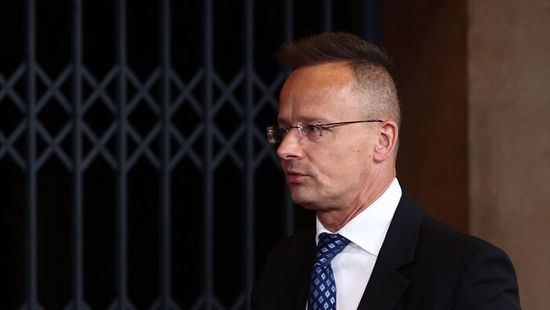


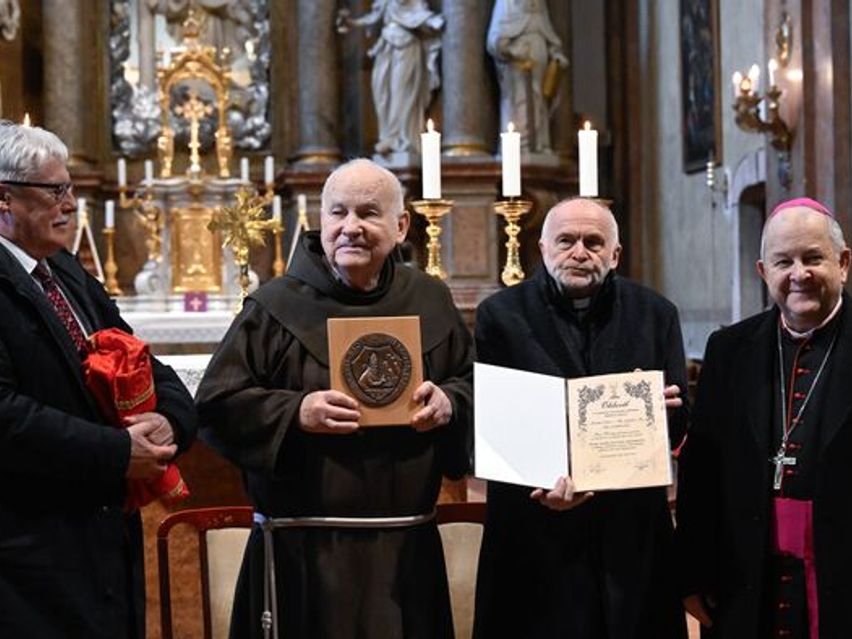

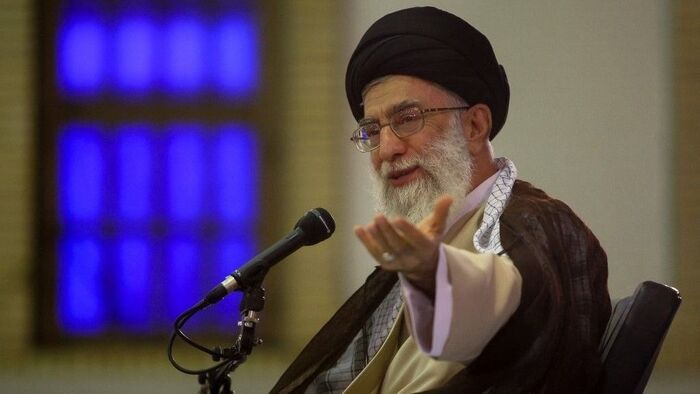

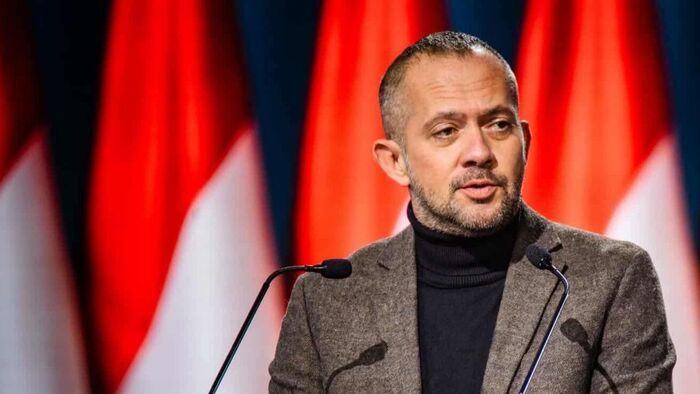




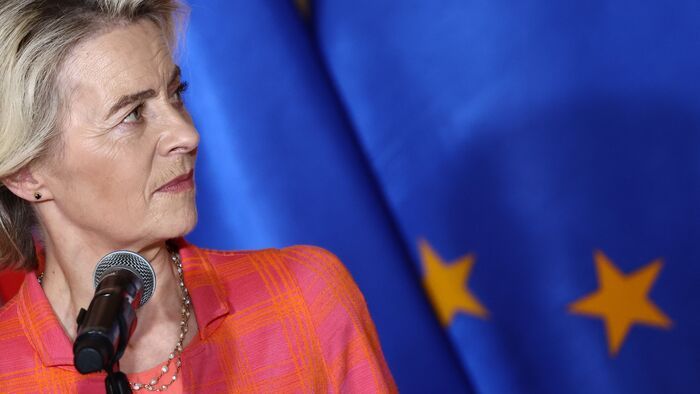
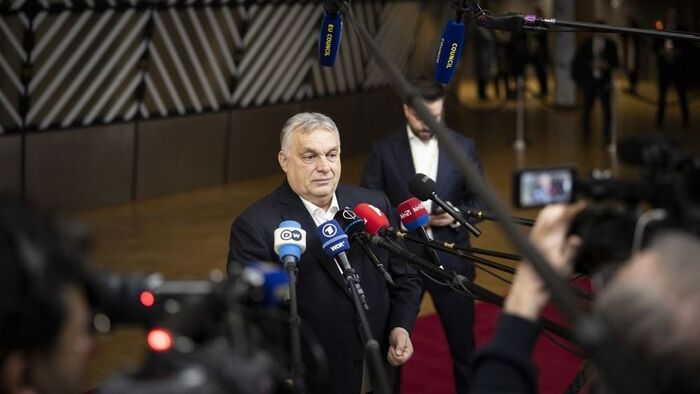





Szóljon hozzá!
Jelenleg csak a hozzászólások egy kis részét látja. Hozzászóláshoz és a további kommentek megtekintéséhez lépjen be, vagy regisztráljon!